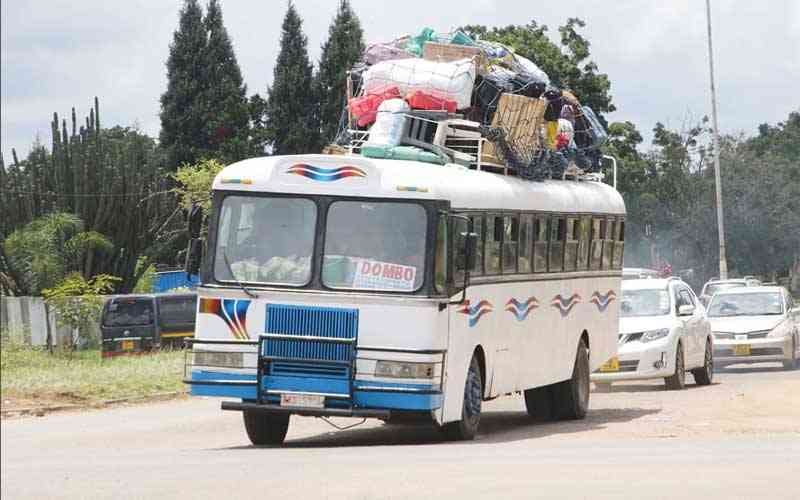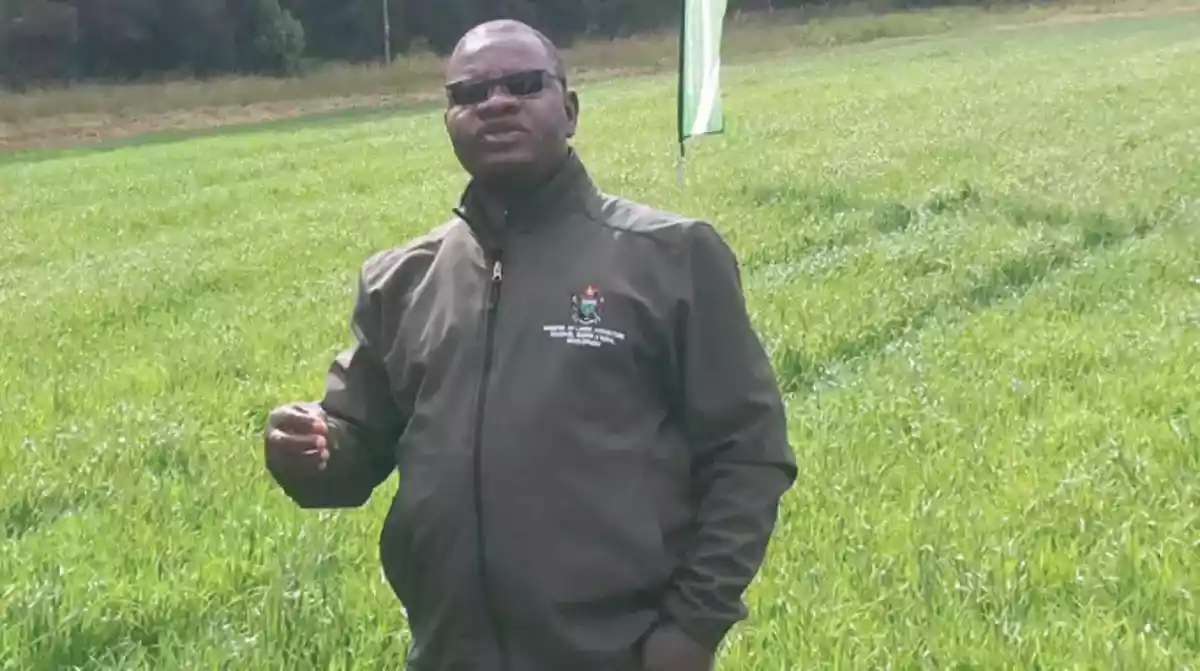
ZIMBABWEAN commuters struggling with economic hardships face a double blow this festive season as transport operators have doubled bus fares on some routes, squeezing travellers’ already strained budgets.
A survey by NewsDay showed that many Zimbabweans were travelling to various destinations across the country, especially rural areas, to spend time with families and their loved ones during Christmas.
However, public transport operators have taken advantage of the huge demand for transport and hiked fares.
There was congestion at Mbare bus terminus as travellers sought transport to rural areas.
Investigations by NewsDay showed that both long distance buses and local commuter omnibuses have hiked fares with a Harare-Mutare trip which usually cost US$10 now at US$20.
The survey revealed that those travelling from Harare to Bulawayo were also affected, with their bus fares having been increased from US$15 to between US$20 and US$30.
It was the same for major routes across the country.
At Mbare-Musika the largest and busiest bus terminus in the country, serving as a hub for both local and regional transport, this news crew witnessed heated exchanges between passengers and touts over exorbitantly priced rides.
- We’re not concerned by now-habitual State media propaganda
- A false unity
- Ekusileni Hospital faces closure
- The Fiddler: A strange endingA strange ending
Keep Reading
“I used to pay US$10 to go to Mutare. Now they're asking for US$20! Where am I supposed to get that kind of money,” said a passenger, Heavymore Gumbe.
A bus driver plying the Harare-Masvingo route Clifford Dhlakama defended the fare hikes saying transport operators are running extra trips to meet festive season demand.
“Fuel prices have gone up again. We need to cover our costs; especially with the extra trips we're running to meet the holiday demand,” Dhlakama said.
“Maintenance costs are also high. Spare parts are expensive, and with more passengers crammed, the wear and tear is even worse.”
While operators cite economic pressures, Passenger Association of Zimbabwe president Tafadzwa Goliati said operators were taking advantage of desperate passengers who want to unite with families during holidays.
“These claims of increased costs are often exaggerated. Operators take advantage of the festive season rush to maximise profits at the expense of ordinary Zimbabweans who just want to be with their families,” he said.
Goliati urged the government to intervene and enforce regulated fare scales.
“Commuters are not ATMs [Automated Teller Machines]. They shouldn’t be penalised for wanting to travel during the holidays,” he said.
Goliati also said transport operators should ensure the safety of passengers this festive season.
According to statistics from the Immigration Department, at least 223 698 people entered the country in the six days between 15 and 21 December in time for Christmas.
In his festive season statement, Police Commissioner-General Godwin Matanga said there would be a police blitz on all roads.
“Road traffic accidents and violations of road rules and regulations take centre stage during this period. The Zimbabwe Republic Police will therefore deploy police officers to conduct roadblocks, traffic blitz, stop and search, motorised, cycle and foot patrols throughout the country to curb crime, road traffic accidents and maintain law and order as the public merry make in the spirit of Unity Day, Christmas and New Year,” he said.
“My office urges motorists to co-operate with police officers on deployment in order to take action on errant drivers and other law breaches.”
This comes at a time when the Traffic Safety Council of Zimbabwe (TSCZ) said a road accident occurred in Zimbabwe every 15 minutes.
Most of the accidents are attributed to reckless driving, inadequate enforcement of traffic laws and use of defective vehicles, among other factors.
TSCZ said 14 600 people died and 74 000 were injured in road accidents between 2015 and 2022.
In the first nine months of this year, over 1 500 people were killed, and more than 7 200 injured from more than 38 400 accidents countrywide.










